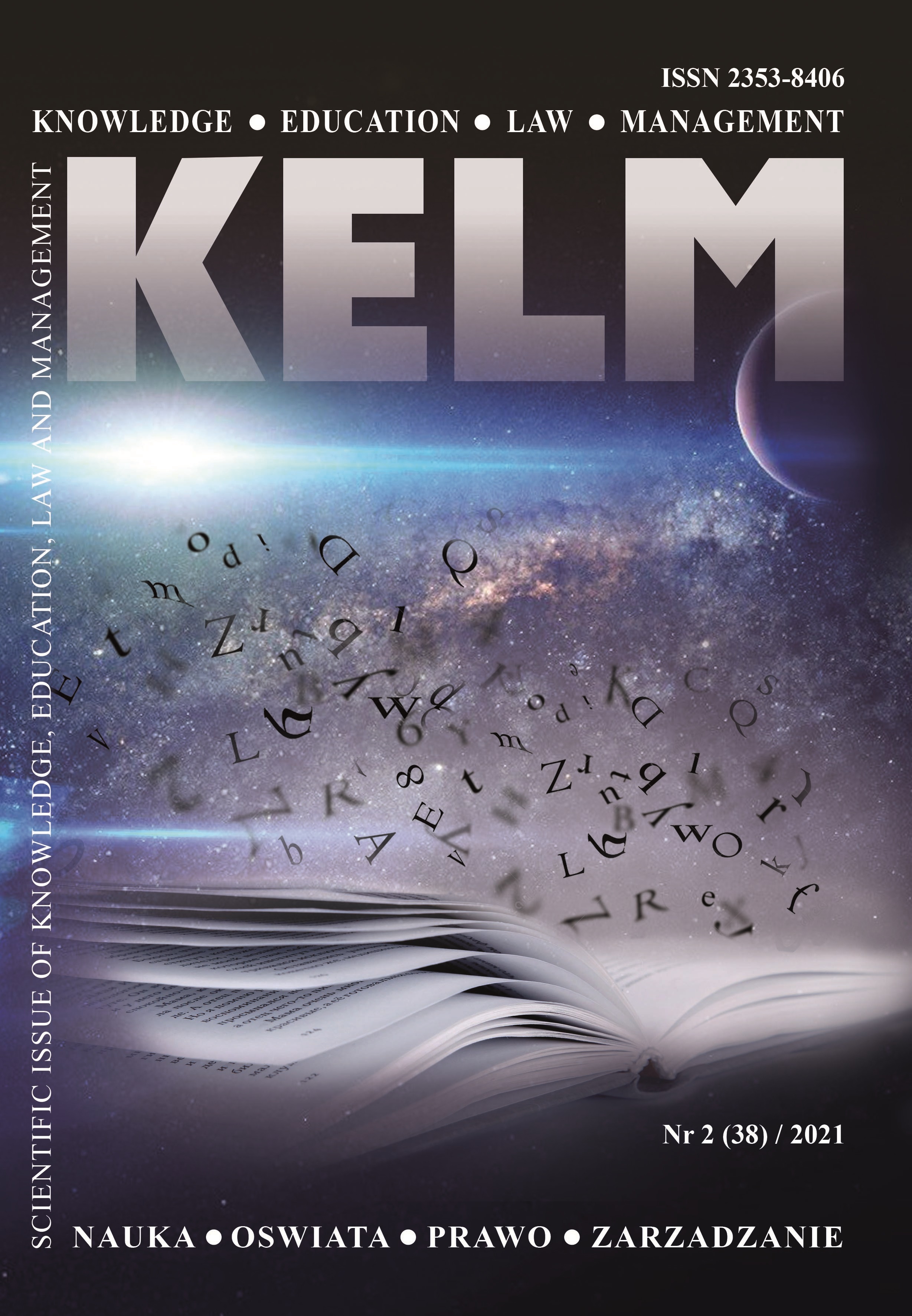Anotation. The relevance of the article is that the organization of office work in the institution is carried out on the basis of the Instruction on office work, nomenclature of cases, rules, procedures and other regulations governing relations in this area. The form of organization of office work in the National Anti-Corruption Bureau of Ukraine is mixed with a greater degree of centralization. According to the Regulations on the Document Management Department, it performs most clerical operations, and some functions, such as registration of electronic memos, storage of documents with a temporary retention period, are performed by structural units. A separate independent structural subdivision, in accordance with the legislation, registers citizens’ appeals, attorneys’ requests and requests for access to public information, and other documents, which are defined by a separate instruction and relevant regulations. It is concluded that the existing electronic document management processes have been tested and implemented in the activities of the National Anti-Corruption Bureau of Ukraine and have a positive result. Nevertheless, in order to optimize the circulation of documents in the National Anti-Corruption Bureau of Ukraine, it is necessary to make changes to the existing Instruction on record keeping, develop technological instructions and schemes to reflect the sequence of draft documents, their approval, signing, approval. The procedure for approval and endorsement of documents must be enshrined in the table of forms of documents and instructions on record keeping of the institution, as well as determine the levels of access of employees – users of the electronic document management system. After settling at the state level the issue of storage, use and destruction of electronic documents, as well as their subsequent transfer to the electronic archive, it is necessary to develop a local administrative document that would regulate this area of office work in the National Anti-Corruption Bureau of Ukraine.
Keywords: The relevance of the article is that the organization of office work in the institution is carried out on the basis of the Instruction on office work, nomenclature of cases, rules, procedures and other regulations governing relations in this area. The form of organization of office work in the National Anti-Corruption Bureau of Ukraine is mixed with a greater degree of centralization. According to the Regulations on the Document Management Department, it performs most clerical operations, and some functions, such as registration of electronic memos, storage of documents with a temporary retention period, are performed by structural units. A separate independent structural subdivision, in accordance with the legislation, registers citizens’ appeals, attorneys’ requests and requests for access to public information, and other documents, which are defined by a separate instruction and relevant regulations. It is concluded that the existing electronic document management processes have been tested and implemented in the activities of the National Anti-Corruption Bureau of Ukraine and have a positive result. Nevertheless, in order to optimize the circulation of documents in the National Anti-Corruption Bureau of Ukraine, it is necessary to make changes to the existing Instruction on record keeping, develop technological instructions and schemes to reflect the sequence of draft documents, their approval, signing, approval. The procedure for approval and endorsement of documents must be enshrined in the table of forms of documents and instructions on record keeping of the institution, as well as determine the levels of access of employees – users of the electronic document management system. After settling at the state level the issue of storage, use and destruction of electronic documents, as well as their subsequent transfer to the electronic archive, it is necessary to develop a local administrative document that would regulate this area of office work in the National Anti-Corruption Bureau of Ukraine.
ORGANIZATIONAL AND STRUCTURAL SUPPORT OF DOCUMENT CIRCULATION IN THE NATIONAL ANTI-CORRUPTION BUREAU OF UKRAINE
Liudmyla Asanova
Postgraduate Student at the Department of Public AdministrationNational Academy of Internal Affairs (Kyiv, Ukraine)
ORCID ID: 0000-0003-2203-0457
